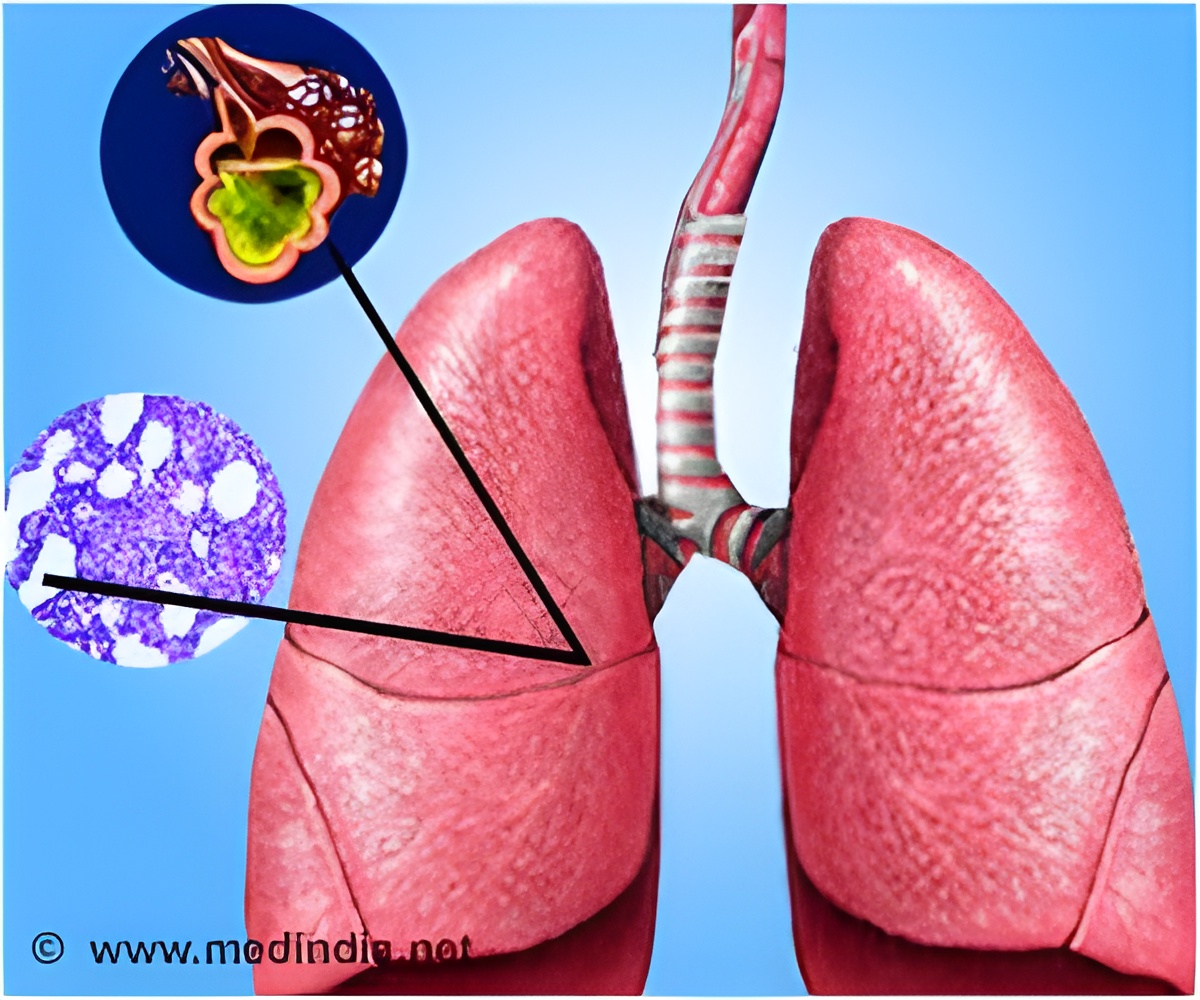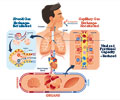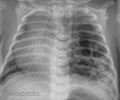Development of lung's immune cells after birth has been revealed by a study that may further help for the continued development of important lung disease treatments.

‘Development of lung's immune cells after birth has been revealed by a study that may further help for the continued development of important lung disease treatments.’





The study shows how lung macrophages develop as these findings may help to reduce organ damage and are significant for the continued development of important lung disease treatments. Lung macrophages begin to develop in humans from birth when the lungs are first inflated with inhaled air. Despite the importance of lung macrophages in the immune system, it has not been previously known how they develop in humans since in-vivo studies in humans are difficult to conduct.
However, with the help of a model, researchers at Karolinska Institutet have now been able to directly study the development of human macrophages in a living lung. In the study, it was discovered that lung macrophages develop in two different ways.
“In the first type of development, lung macrophages originate from precursor cells that are already present in the fetus’ liver,” says Tim Willinger, associate professor at the department of medicine, Huddinge, Karolinska Institutet, who has led the study. “After we are born, these precursor cells move from the liver to the lungs via the bloodstream. In the lungs, they are then exposed to various growth factors, which helps them to develop into ’mature’ lung macrophages. The second type of development occurs later in life. At that point they develop from adult precursor cells, so-called monocytes, which are found in the blood.”
Similar gene expression but different functions
Advertisement
“We discovered that fetal precursor cells divide faster than the adult precursor cells,” says the study’s first author Elza Evren, a doctoral student in Tim Willinger’s research group. “The fetal precursor cells, therefore, populate the lungs faster, which is important early on in life to quickly remove microorganisms and other inhaled particles.”
Advertisement
The researchers were also able to see that these lung macrophages are similar to pro-inflammatory macrophages, which can become overactivated and contribute to serious lung damage in diseases such as COVID-19.
Limit lung damage and promote new treatments
The new findings contribute to a better understanding of the origin and function of lung macrophages. The human fetal progenitor cell that the researchers have identified is a potential cell that can be targeted to regenerate tissue-protective macrophages, limit organ damage, and promote tissue repair in an injured lung. These findings can also support the development of new treatments for a number of lung diseases.
Source-Eurekalert









